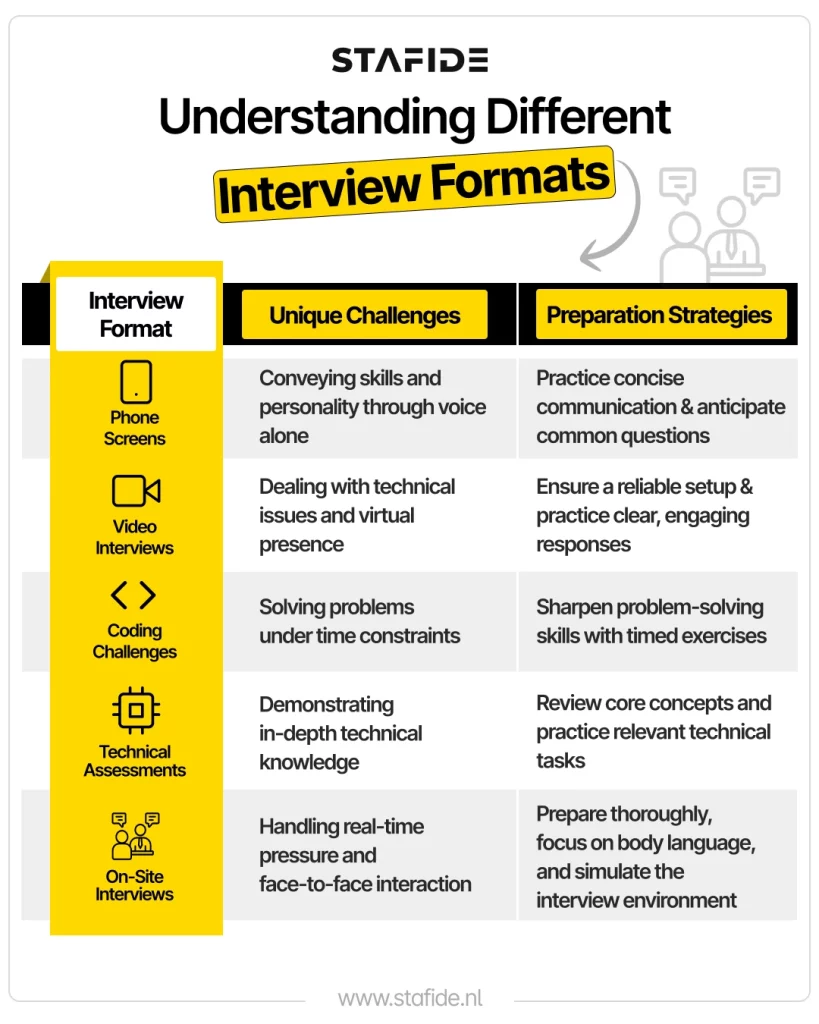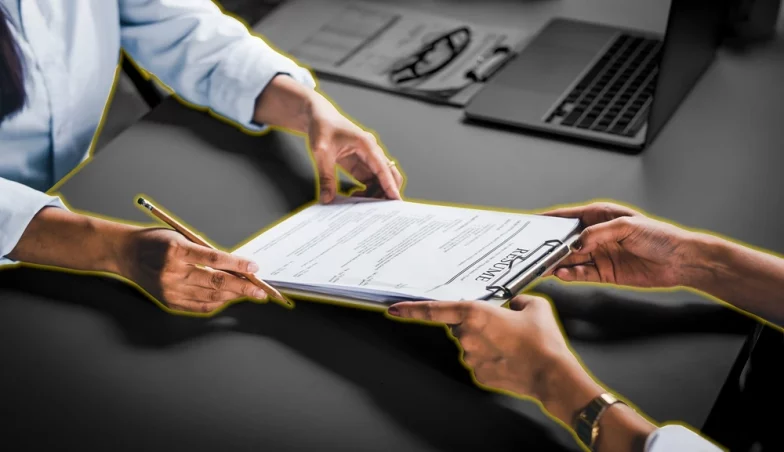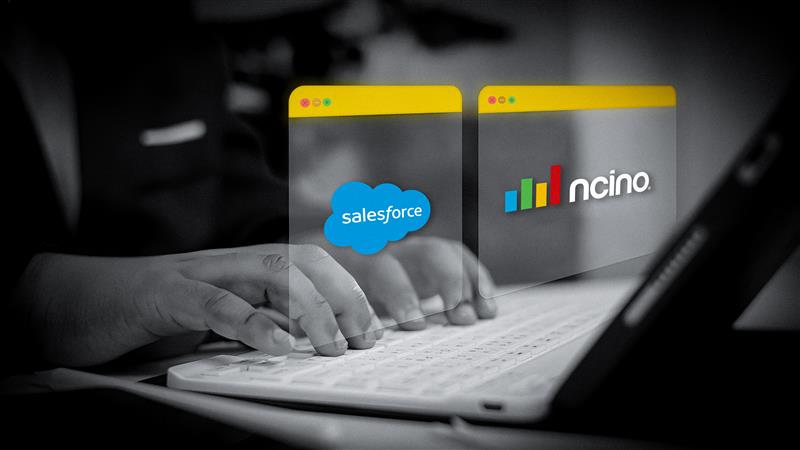The tech industry is highly competitive. It is driven by rapid innovation. Employers constantly demand skilled professionals. Mastering tech interviews for competitive advantage is crucial for candidates seeking their dream job and employers aiming to attract top talent.
For candidates, tech interviews test technical knowledge, problem-solving abilities, communication skills, and cultural fit. The process often includes coding challenges, technical assessments, and behavioral interviews. Preparation and adaptability are key.
Employers need a structured and fair interview process to identify the best candidates. It’s essential to evaluate both current abilities and potential for growth.
A successful interview is a win-win for both candidates and employers. When the process is effective, candidates secure roles that align with their skills and career goals, opening doors to new opportunities. At the same time, employers find the right talent that drives their business forward, ensuring a strong and productive team. This mutual success highlights the true value of a well-conducted interview: both parties leave with what they need to thrive.
The Importance of Soft Skills in Tech Interviews
Technical skills are crucial in the tech industry. However, soft skills are equally important. These include communication, teamwork, and problem-solving. Employers look for candidates who can effectively collaborate with others, adapt to changing environments, and think critically. For employers, candidates with strong soft skills enhance team dynamics, foster better communication, and create a more adaptable and innovative workplace, leading to greater business success.
Understanding Different Interview Formats
Tech interviews come in various formats. These include phone screens and video interviews. They also involve coding challenges, technical assessments, and on-site interviews. Each format has its unique challenges and requires specific preparation strategies.

Tips for Candidates
1. Understand the Job Requirements
Before you even apply, thoroughly read the job description and understand the requirements. Identify the key skills and experiences the employer is looking for and reflect on how your background aligns with these needs. Tailor your resume and cover letter to highlight relevant experiences and accomplishments.
2. Brush Up on Technical Skills
Tech interviews often involve rigorous testing of your technical abilities. Refresh your knowledge on core topics such as algorithms, data structures, system design, and coding languages relevant to the job. Utilize online platforms like LeetCode, HackerRank, or Codeacademy to practice coding problems and improve your problem-solving skills.
3. Practice Behavioural Questions
Technical prowess alone won’t secure you the job. Employers are also interested in your soft skills and cultural fit. Prepare for behavioral questions by reflecting on your past experiences. Use the STAR method (Situation, Task, Action, Result) to structure your answers, ensuring you convey your thought process and achievements.
4. Build a Portfolio
A portfolio showcasing your projects can set you apart from other candidates. Include links to your GitHub repositories, personal website, or any relevant projects that demonstrate your skills and creativity. Highlight projects that align with the job you’re applying for and be prepared to discuss them in detail during the interview.
5. Mock Interviews
Participate in mock interviews to simulate the real interview experience. You can ask a friend, or mentor, or use online services like Pramp or Interviewing.io for practice. Mock interviews help you become comfortable with the interview format and receive constructive feedback to improve your performance.
6. Ask Thoughtful Questions
An interview is a two-way street. Prepare thoughtful questions about the company’s culture. Inquire about the team structure and the projects you would be working on. This not only shows your interest in the role. It also helps you determine if the company is the right fit for you.
7. Follow-Up
After the interview, send a thank-you email to express your appreciation for the opportunity. Reiterate your enthusiasm for the role and briefly mention key points discussed during the interview. A well-crafted follow-up email can leave a positive impression and reinforce your interest in the position.
Tips for Employers
1. Define Clear Job Descriptions
A well-defined job description sets the foundation for attracting the right candidates. Clearly outline the responsibilities, required skills, and qualifications. Be specific about the technical competencies and soft skills you are seeking. A detailed job description helps filter out unqualified applicants and attracts those who are a good fit.
2. Develop a Structured Interview Process
A structured interview process ensures consistency and fairness. Develop a set of standardized questions and assessment criteria for each interview stage. This helps in evaluating candidates objectively and reduces biases. Incorporate a mix of technical, behavioral, and situational questions to assess both hard and soft skills.
3. Use Real-World Problems
Instead of relying solely on theoretical questions, incorporate real-world problems relevant to the role. This gives candidates a better understanding of the challenges they will face and allows you to assess their practical problem-solving abilities. It also provides insight into how they approach and solve actual work-related issues.
4. Evaluate Cultural Fit
Cultural fit is crucial for long-term employee satisfaction and retention. During the interview, assess how well the candidate aligns with your company’s values, mission, and work environment. Ask questions that reveal their work style, collaboration preferences, and adaptability. Involve team members in the interview process to gain multiple perspectives on the candidate’s fit.
5. Provide a Positive Candidate Experience
The interview process is a reflection of your company’s brand. Ensure a positive candidate experience by being respectful, transparent, and communicative. Provide timely updates on the interview status, offer feedback, and be accommodating with scheduling. A positive experience leaves a lasting impression, even for candidates who may not be selected.
6. Offer Competitive Compensation
In the tech industry, top talent is in high demand. Offer competitive compensation packages that include not only salary but also benefits, stock options, and opportunities for growth and development. Research industry standards and be prepared to negotiate to attract and retain the best candidates.
7. Continuous Improvement
Regularly review and refine your interview process based on feedback from candidates and hiring managers. Analyze the success of past hires and identify areas for improvement. Stay updated with industry trends and best practices to ensure your interview process remains effective and competitive.
Bridging the Gap: Effective Communication
Effective communication between candidates and employers is key to a successful interview process. Here are some tips to bridge the communication gap:
For Candidates:
- Clarify Expectations: Make sure you understand the job requirements. Familiarize yourself with the interview format. Know what the employer is looking for. Don’t hesitate to ask for clarification if needed.
- Be Honest: Be honest about your skills and experiences. If you don’t know the answer to a technical question, it’s better to admit it. Discuss your thought process. Avoid faking an answer.
- Follow-up: Keep communication lines open by following up after the interview, expressing gratitude, and reiterating your interest.
For Employers:
- Set Clear Expectations: Communicate the interview process, timelines, and what you expect from the candidates at each stage.
- Provide Feedback: Offer constructive feedback to candidates, whether they are selected or not. This helps them improve and leaves a positive impression of your company.
- Be Responsive: Respond promptly to candidate inquiries and keep them informed about their application status. This demonstrates respect and professionalism.
Conclusion
Mastering the tech interview process requires preparation, practice, and effective communication for both candidates and employers. Candidates should focus on honing their technical skills, practicing behavioral questions, and presenting themselves authentically. Employers should strive to create a structured interview process. It should be fair and engaging for all candidates. This ensures an accurate assessment of candidates’ abilities and fit within the company culture.
STAFIDE can help streamline this process. With our expertise in identifying top tech talent, we ensure candidates are well-prepared. We also ensure employers find the right fit for their needs. This results in successful matches for both parties. Partner with us to elevate your recruitment strategy and secure the best candidates in the competitive tech industry.





